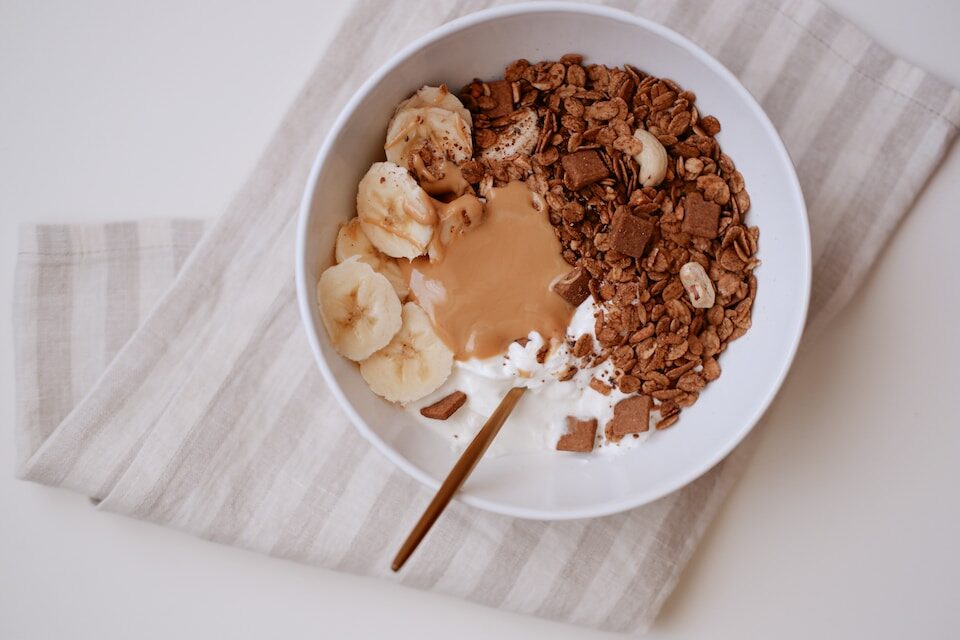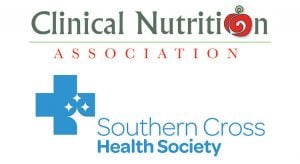6 Mains Factors Impacting Your Blood Sugar

After working with thousands of clients for almost a decade these are the 6 top factors I come across the most in clinic messing with people’s blood sugar levels. There are many other factors that play a role as well, however, these habits are at the top of my list.
Reminder, getting blood sugar in check is absolutely key if you want to have better weight management, easier fat loss, stable energy levels, balanced moods (less anxiety or rapid mood changes), hormonal balance, improved fertility, less brain fog, reduced cravings, improved cholesterol markers (LDL/triglycerides), improved acne, healthier HBA1C levels. We are currently in the midst of a metabolic crisis with 1 in 3 adults having metabolic syndrome. Thankfully, science has refined our understanding of how our diet and lifestyle affect our glucose levels. This puts the power back in your hands to make simple diet and lifestyle changes to support your health.
Some indicators of metabolic syndrome (if you have any of these this might be your sign that you need a diet a lifestyle overhaul): high HBA1C, type 2 diabetes, high triglycerides, high cholesterol, high blood pressure, high fasting glucose, low LDL, excess body fat around the waste.
Here are 6 factos which can impact blood sugar levels:
1. Not eating enough protein with breakfast. Having 1-2 eggs for breakfast, or relying on the very few grams of protein in your porridge isn’t enough to get your blood sugar in check. You need to eat a minimum of 20 grams of protein per meal, however eating 30 grams is more ideal, particularly for metabolic health. To put that into perspective, 1 egg is only 6 grams of protein. Higher protein diets are important for keeping you feeling full and satiated, switching off hunger hormones, reducing ↓ body fat, and supporting muscle mass. Increased dietary protein also has beneficial effects on blood pressure and triglycerides (a more important marker for cardiovascular health than cholesterol alone).
2. Eating naked carbs. This is a rule I tell all of my clients, do not eat carbohydrates naked! Dress them up! When you eat a piece of fruit, a slice of bread, a bowl of pasta, a bowl of porridge with fruit, these starches as sugars break down quickly to glucose, this raises blood sugar levels rapidly. A spike in blood sugar is quickly followed by a drop in blood sugar, hello cravings, fatigue, brain fog, mood change, high insulin levels. You should always pair starches (bread, pasta) and sugars (fruit, maple syrup, honey) with a source of protein and fat to reduce their glucose spike.
3. Drinking liquid sugar (yes this includes some green juices too). Do your body a favour and say no to fruit juice and high-sugar beverages like coke and lemonade, caffeine energy drinks, adding sugar to coffee, high-sugar/carb oat or rice milk. If you drink them you may as well just pour sugar into a glass of water and drink it. The sugars in these drinks digest at lightning speed, and flood your bloodstream with glucose. Those high glucose levels cause nothing but metabolic mayhem. When it comes to juicing, personally I’m not the biggest fan of juices unless it’s a green 100% fruit-free juice, then I’m all about it. Fruit is best eaten in its wholefood form paired with protein and fat , not with the fiber stripped away into a juice to cause a rapid spike in blood sugar along with a big rush of fructose into your bloodstream as well.
4. Not moving your body enough. Stationary lifestyles have a major influence on glucose levels. Moving your body is very important for keeping blood sugar levels in check. It doesn’t have to be excessive exercise, I’m talking about any movement, walking around the block, dancing to your favourite song, lifting weights running around with your kids. When you eat food, especially high sugar or high starchy foods glucose gets dumped into your bloodstream, insulin comes in to escort glucose into muscle cells for storage. If you’re constantly filling your body with high sugar and/or high starch foods, you’re getting a constant rush of glucose and insulin, this heads your body towards becoming insulin resistant. Movement helps your muscles eat up that excess glucose. Obviously a bigger exercise session like lifting weights will give you the best bang for your buck, however research shows a 10-15 minute walk post meal can be very effective for keeping glucose levels under control.
5. Having poor quality sleep, or not getting enough sleep. If you’re not sleeping well or you’re getting less than 7 hours of sleep per night then you may be inadvertently driving your blood sugar levels up. Sleep is vital for our health for so many reasons, particularly when it comes to steady blood sugar levels. Broken sleep, or not getting enough sleep drives cortisol up (our main stress hormone), this in turn promotes insulin resistance, and increases ghrelin (our main hunger hormone – hello to more cravings for carb-heavy or sugary foods). If you’re not getting quality sleep over months or years you’re on the fast track for metabolic issues. It can also lead to higher HBA1C levels.
6. High stress levels. High stress levels drive up blood sugar The more stressed you are, the bigger the blood sugar spike you’ll have after eating a high carb or high sugar meal. Small amounts of stress is okay, but prolonged stress and if your body is in a high stressed state from constant “perceived stress” weather that be worry , anxiety, busyness, or lack of sleep, your body is primed to think it’s being “threatened”. Your ‘fight or flight’ response kicks in, your body gives you a steady dose of glucose so you can run from that threatening tiger, however you might just be rushing around trying to get your kids out the door, or running late to a meeting, or worrying about something or someone too much. Finding ways to support your nervous system to chill out and relax more is important . Studies have shown simple breathing exercises can have a positive effect on blood sugar. But anything that relaxes you will help, a walk in nature, meditation, yoga, sex, journaling, spending time in nature.
f you need help and support with your health or getting your blood sugar in check book a free 15 minute health assessment phone call with me to see how I can help you.

Let's connect @nataliebradynutrition
The information on this website is not intended to replace the advice of your GP, a one on one relationship with a qualified health care professional and is not intended as medical advice. It is not intended for self-diagnosis, treat, cure, or prevent any disease. I encourage you to make your own health care decisions based upon research and in partnership with a qualified healthcare professional. The entire content of this website is based on the opinions of Natalie Brady, a qualified Holistic Nutritionist, unless otherwise noted. Click here for term and conditions of services.
Copyright © Natalie Brady Nutrition 2022 | Natalie Brady Nutrition Listed in Auckland's Top Nutritionists | Website by Fuel Media



